The Vital Role of Vitamin C: Sources, Deficiencies, and Therapeutic Uses
Vitamin C, also known as ascorbic acid, is a crucial nutrient for maintaining overall health. This water-soluble vitamin plays a pivotal role in various bodily functions, from enhancing immune response to aiding in the synthesis of collagen. Despite its importance, the human body cannot produce or store vitamin C, making it essential to obtain through diet or supplementation.
Natural Sources of Vitamin C
Vitamin C is abundant in many fruits and vegetables. The most well-known sources include:
- Citrus Fruits: Oranges, lemons, limes, and grapefruits.
- Berries: Strawberries, raspberries, blueberries, and cranberries.
- Vegetables: Broccoli, Brussels sprouts, cauliflower, and spinach.
- Other Fruits: Kiwi, mango, pineapple, and papaya.
Fresh, raw fruits and vegetables are the best sources, as vitamin C can be easily destroyed by heat and prolonged storage. It is always better to eat locally sourced produce that has had little shelf time, as imported fruits and vegetables that have been stored for months lose their nutritional value each day that goes by form the moment they’re picked.
Consequences of Vitamin C Deficiency
Vitamin C deficiency can lead to several health issues, the most severe of which is scurvy. Historically known as a disease affecting sailors who had limited access to fresh produce, scurvy is characterized by:
- Weakness and Fatigue: Due to impaired carnitine synthesis.
- Anaemia: Resulting from decreased iron absorption.
- Gum Disease: Including bleeding gums and loose teeth.
- Skin Issues: Such as bruising, dry skin, and slow wound and rash healing.
- Joint Pain: Due to weakened connective tissues.
Even mild deficiency can weaken the immune system, making the body more susceptible to infections.
The Necessity of Supplementation
While a balanced diet rich in fruits and vegetables from locally bought farm fresh produce typically provides adequate vitamin C, supplementation may be necessary in certain situations:
- Dietary Restrictions: Individuals with limited access to fresh produce or those on restrictive diets.
- Medical Conditions: People with conditions that impair nutrient absorption, such as Crohn's disease or ulcerative colitis, or post bariatric surgery.
- Increased Needs: Smokers, those under significant stress or with chronic conditions may require higher amounts of vitamin C.
- Aging: Older adults may need supplements to counteract decreased absorption efficiency.
Vitamin C in Treating Chronic Conditions
Beyond preventing deficiency, vitamin C has therapeutic potential in managing several chronic conditions:
- Cardiovascular Health: Vitamin C has antioxidant properties that can reduce oxidative stress, potentially lowering the risk of heart disease. It also helps maintain endothelial function and reduce blood pressure.
- Skin Health: Topical and oral vitamin C can enhance collagen production, improve skin texture, and reduce the signs of aging.
- Immune Support: High-dose vitamin C is sometimes used in the treatment of infections and to boost the immune system during illnesses such as colds and flu.
- Iron Absorption: Vitamin C enhances the absorption of non-heme iron from plant-based foods, which can help prevent anaemia.
- Cancer Therapy: Ongoing and emerging research suggests that vitamin C may enhance the effectiveness of certain chemotherapy drugs and reduce the toxicity of cancer treatments. Vitamin C in therapeutic doses has been shown to improve quality of life. Please reach out to us for a list of peer reviewed research studies.
Vitamin C is a fundamental nutrient with a wide range of health benefits, from preventing deficiency diseases to supporting the treatment of chronic conditions. Ensuring adequate intake through supplementation is important for maintaining optimal health. As research continues to uncover the broader applications of vitamin C, it remains an essential component of both preventive and therapeutic health strategies.
